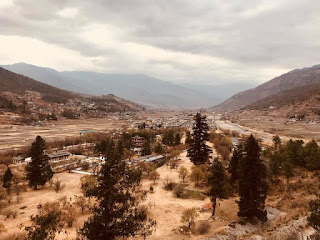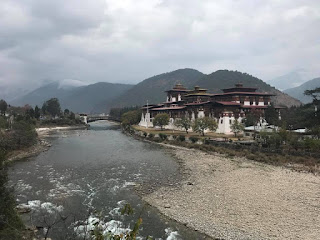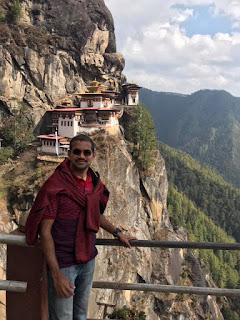Why I am a Hindu
-- Shashi Tharoor
-- Shashi Tharoor
As expected from Shashi Tharoor and the Title of the book, considering his political affiliations, the book is more about politics of a religion, than the religion itself. Despite that, he did a good job of presenting evolution of millennia of Hinduism into Hindutva of the last few decades.
Being an irreligious person, I don't identify myself with any of the 3 types/sections of Hinduism that the author presented. The first one being, the Hinduism that many people I know (my parents, friends and relatives) follow, which is not hostile towards any other religion and doesn't mandate them to be very serious about their religion itself. A typical example would be something like follows; A Hindu friend of mine, who is religious (strictly fasts on particular days of week, totally honours sacred thread that he wears etc.,), was surprised to know a couple of weeks back that Rama (he does worship Lord Rama) was not an incarnation of Lord Shiva, but of Lord Vishnu. They just vaguely follow what their parents passed on. Some are more intense than others.
Next type that the author discussed was, Hinduism of the great souls of Hinduism, from Adi Shanakara to Vivekananda. It includes interesting compilation/modification/re-invention/expansion done by these great souls, as they felt was good or the need of the hour in their times. Adi Shankara's Advaita, Ramanuja's Vishishtadvaita, more liberal and reformist movements by Sri Narayana guru and Basava, more nationalistic movements by Vivekananda and Gandhi are some of the things that makes it a good read.
The final section takes the cake - Hindutva of Sangh Parivar. The divisive, militant and extreme religiosity proposed and promoted by Savarkar, Golwalkar, Deen Dayal Upadhyaya etc., all associated with RSS. The main criticism that the author had against the philosophy of this section of people is, coming up with random and imaginary lines in the history and evolution of society, and claim ownership of land/culture based on that, where as the land and culture themselves have borrowed and imbibed so much from different religions and cultures for thousands of years (I could totally identify myself with that line of logic).
What makes the book worth reading is, it presents a good overview of Hinduism of ancient times, Hinduism of yesteryears and today's Hinduism/Hindutva. Though some of the arguments that the author presented may sound politically motivated, there are facts and figures in the open for readers to cross-check, ponder, and make their own informed opinions.








